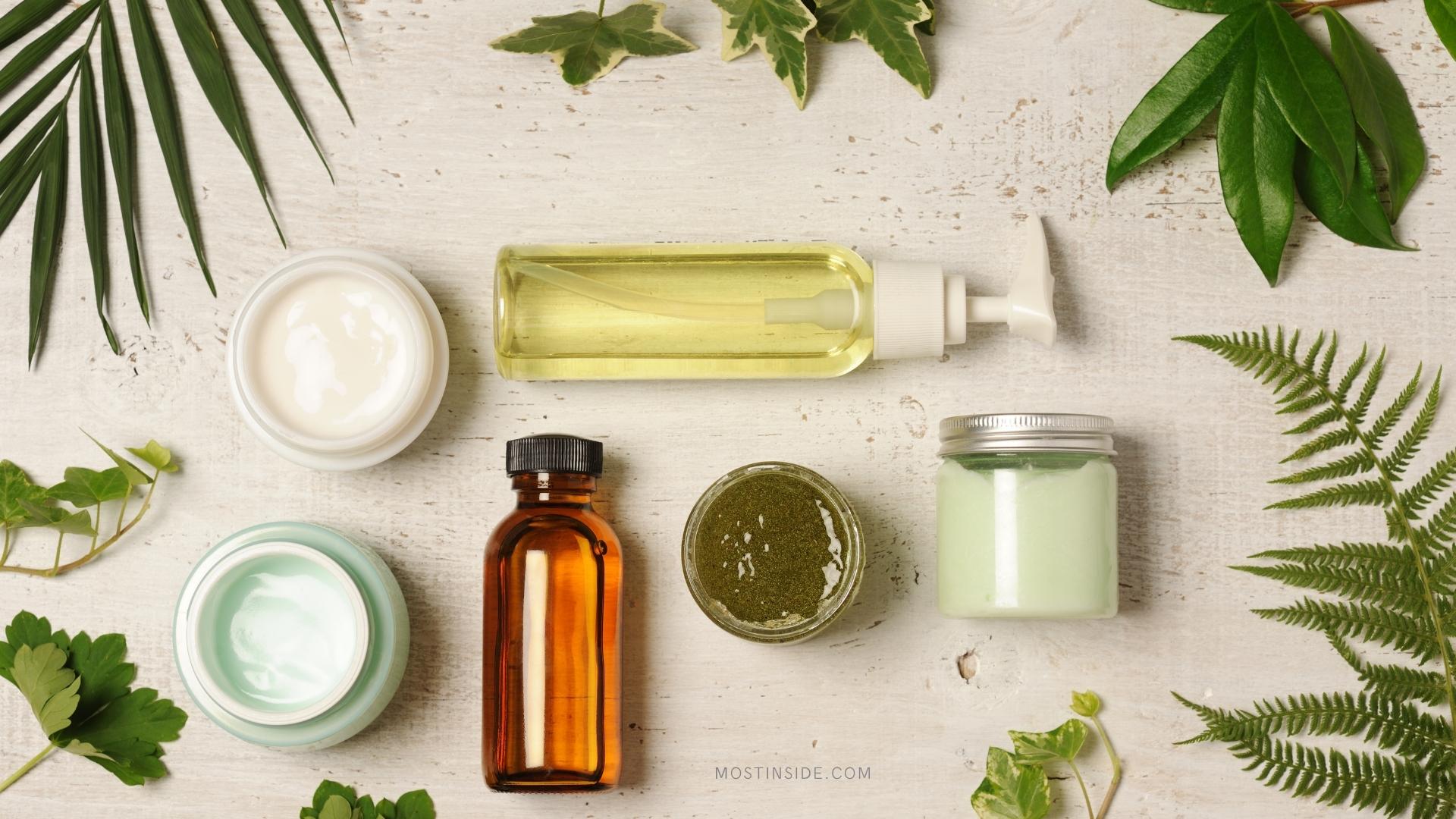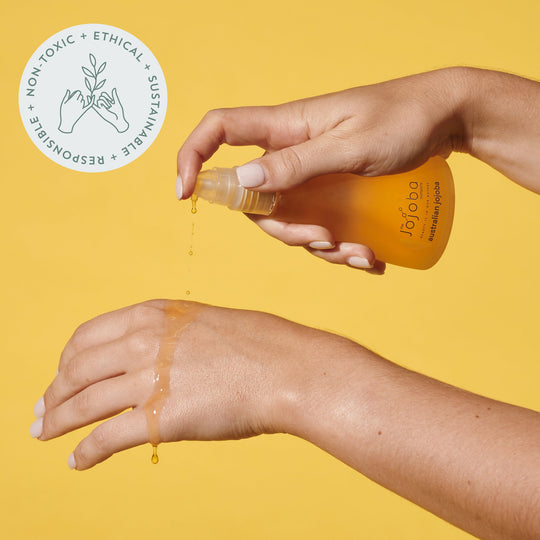How To Choose The Best Natural Moisturiser

There’s all that fuss on organic and natural products for good reasons. Beauty gurus and enthusiasts gush about it as the next big thing. Because it’s chemical-free, it’s said to be safer, often more effective, and gentler on the skin, too.
Take a walk down any beauty aisle, and you’re sure to be overwhelmed at all the options of natural moisturisers you’re going to find. The hype of switching to organic and natural products is now more real than ever. So, it pays to know some insights into how you can choose the best.
This is what you’ll get from reading below. Let this guide be your shopping buddy, so you bring home the best natural moisturiser for your skin type.

Check The Ingredients List
Just because it looks natural on the front part of the packaging doesn’t mean it’s as natural as you may think. Nothing beats making that extra effort of checking the ingredients list. A truly natural moisturiser is one free from controversial ingredients.
The basic rule to follow is this: a natural moisturiser is one that doesn’t have GMOs, mineral oils, parabens, and phthalates. They also shouldn’t have artificial or chemical colorants, fragrances, or other chemical components.
Conversely, there are certain active ingredients in natural skincare products you should look out for when choosing a moisturiser. Some of those active ingredients include:
- Botanicals, with their names usually written in Latin like Chamomilla recutita flower extract (chamomile) and aloe barbadensis (aloe vera);
- Vitamin C, a powerful antioxidant that helps boost and stimulate collagen production;
- Hyaluronic acid, a powerful skin hydrating agent, for younger-looking skin;
- Zinc, which calms skin irritations and is a good ingredient for acne-prone skin.
Most importantly, checking the ingredients list can give you the assurance that you aren’t allergic to any of the ingredients. Natural isn’t always better if you’re allergic to some natural ingredients. Rather than do wonders on your skin, it’ll only cause breakouts and other adverse reactions.
Look For Any Certification
While it’s not mandated to have certifications, it’s a plus if a certain moisturiser brand that claims to be natural has one. This is one step ahead of allowing you to trust that brand. You don’t have to worry about them claiming to be natural when in fact, it isn’t.
There are different certifications for each country, so it’s up to you to check what those may be, depending on where you’re reading this from. A global standard you can trust, however, is USDA. This means that the product has passed the standards set by the United States Department of Agriculture.
Determine Your Skin Type

The fact of you choosing a natural moisturiser is immaterial for this tip to apply. Whether you’re buying a natural one or the usual, chemical or synthetic moisturiser, it’s a must to choose according to your skin type. This is important, so your chosen moisturiser can work for you.
With that said, these are the different skin types:
- Normal/combination: choose a light, water-based moisturiser;
- Dry: choose a heavy, oil-based moisturiser;
- Sensitive: choose a natural moisturiser with soothing ingredients like aloe and cucumber;
- Oily: choose a light, water-based moisturiser as you would with normal or combination skin;
- Mature: choose an oil-based moisturiser, so you can preserve your skin’s moisture.
If you’re unsure, you can always have your skin assessed first by a dermatologist.
Shop According To Skin Concern
Apart from skin type, it’s a plus if you can also shop according to skin concerns. If, after the assessment from your dermatologist, she identifies skin problems you can address, remember those when choosing a natural moisturiser. For example, if you have acne-prone skin, choose the moisturiser with active ingredients that can help fight inflammation and acne formation.
Read Product Reviews
Before you head out to shop, it’s a plus if you’ve already done your homework. You certainly can’t go wrong with going through product reviews of brands, which now offer natural moisturisers. This is an effective trick for you to immediately narrow down your choices. That way, you won’t have to waste your time browsing through so many more moisturisers on the shelves than you actually need to.
Take note of any red flags when you read product reviews. That way, you can take those moisturiser brands off your list.
Conclusion
A good moisturiser should always be a part of a well-rounded skincare routine. When your skin is exposed to harsh weather elements, it’s normal for it to dry out. As you age, the skin’s collagen, elastin, and oil production may decline, too. This is where the need to supplement with moisturisers comes in. You can elevate your skincare routine more by choosing natural moisturisers. That way, you’ll have one less chemical product to lather on your skin. The guide above can help you choose what’s most suitable for your skin.
Recommended For You
Different Kinds of Hair Extensions and How to Style Them
Most Inside
Most Inside offers high-quality recommendations and valuable updates to enhance all aspects of your life, providing premium guidance and enriching experiences.




